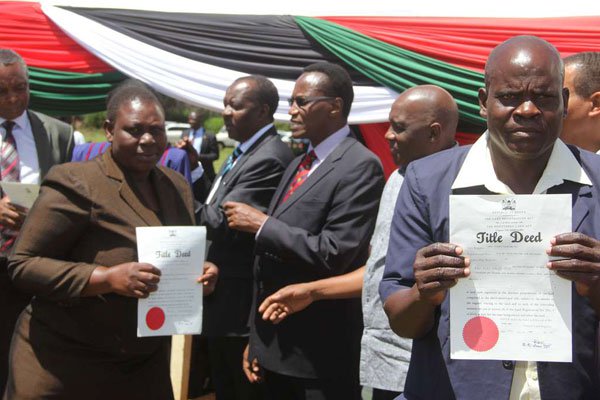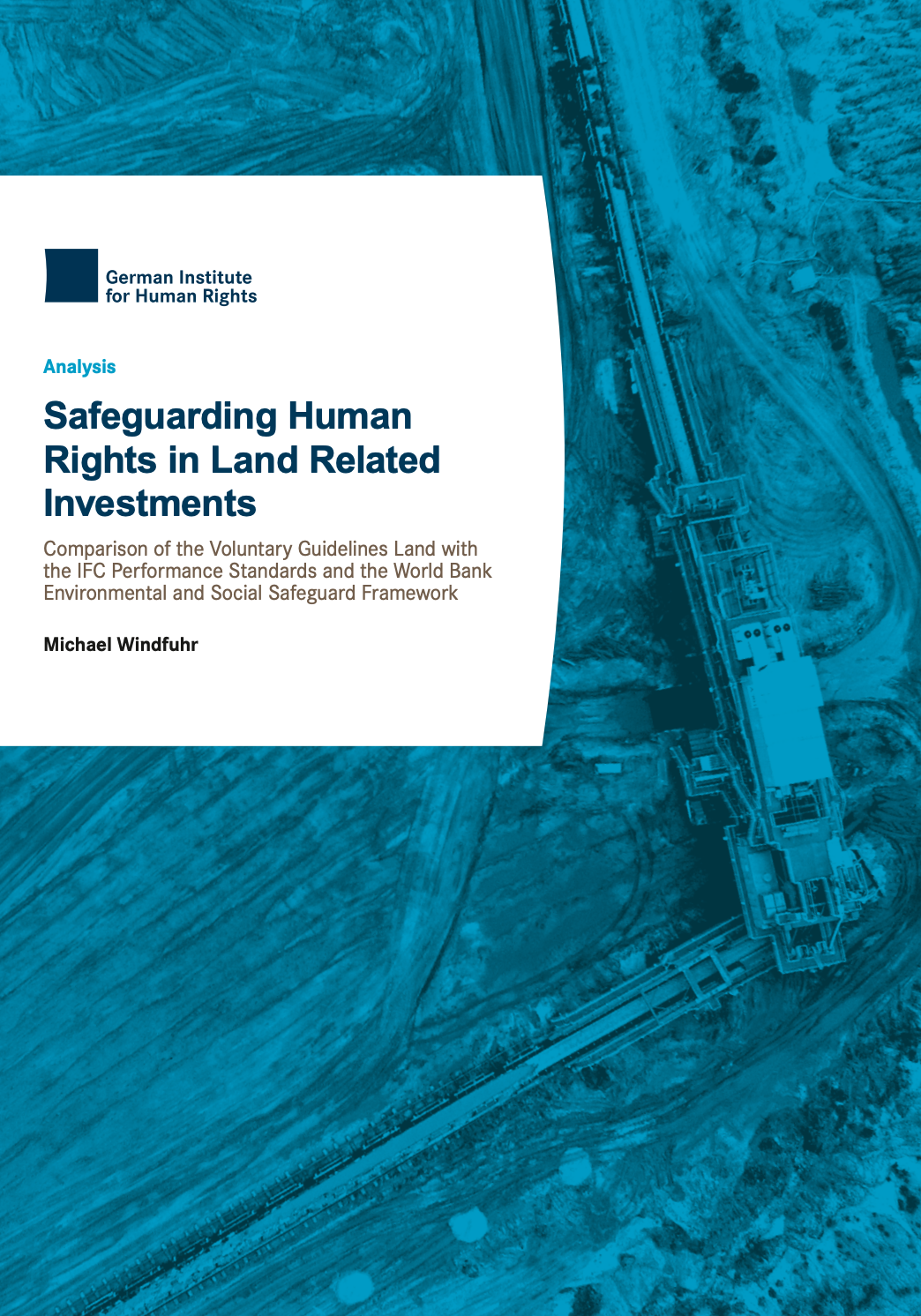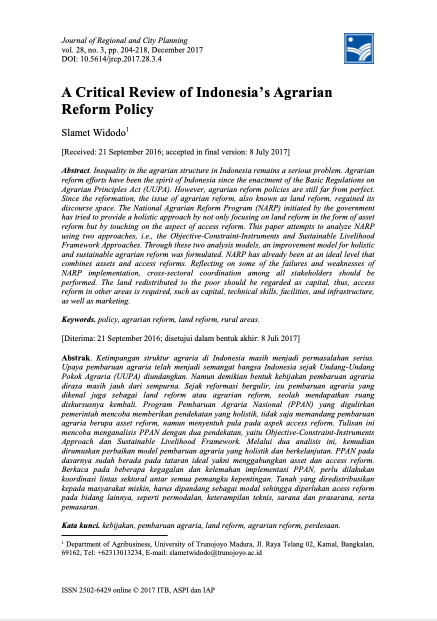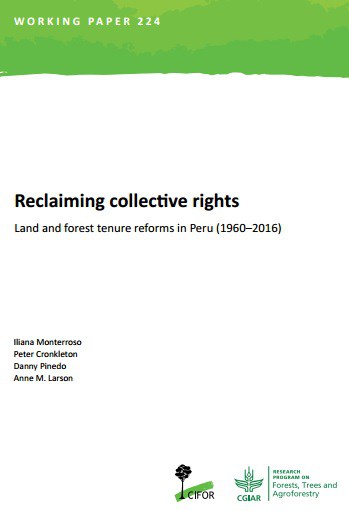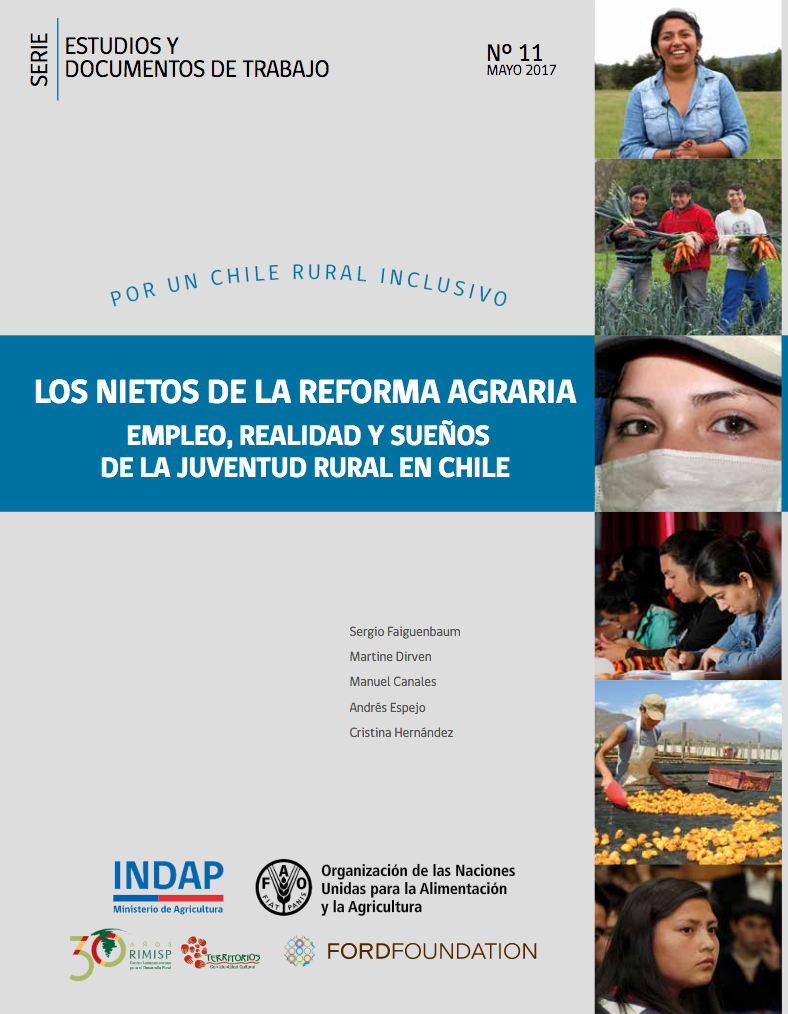The social, economic and political mischief around land in Kenya
Kenya’s land governance system is fashioned to facilitate land expropriation for the few and powerful who continue to resist reforms.
This is despite the fact that the dynamics of land reform are driven by apprehensions of mischief associated with the history that explains why the National Land Commission was established with mandate, independent of the Executive.
CAPITALISM
From the British conquest, Kenya’s land governance system was never meant to be inclusionary and equitable.

